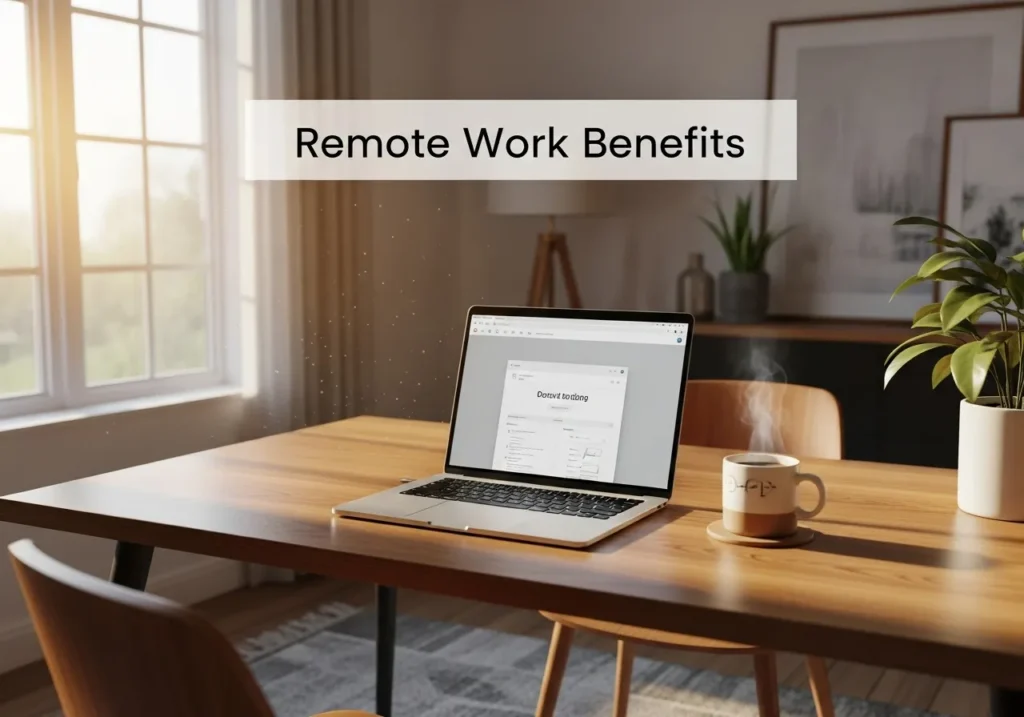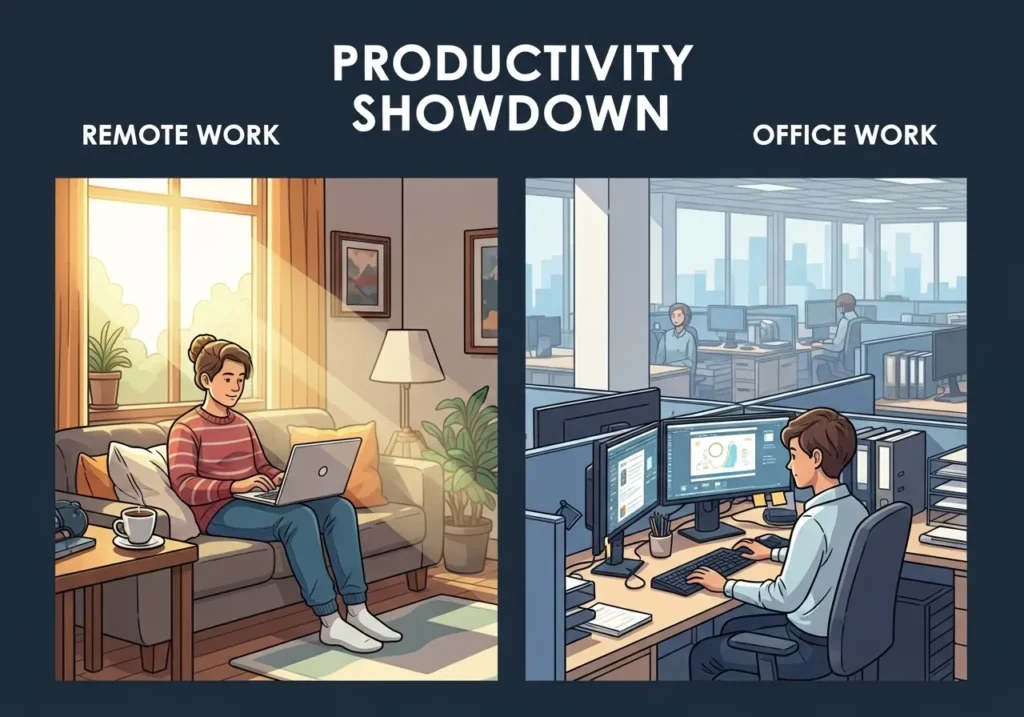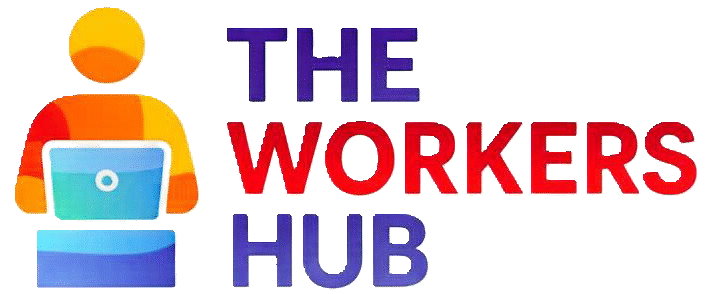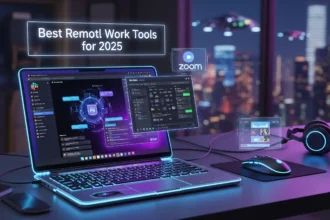Remote Work Vs Office Work– What’s the Difference?
At its core:
- Remote work means working outside a traditional office—often from home, a café, or even while traveling.
- Office work happens at a physical company office with set hours and face-to-face interactions.
While this seems simple, the impact on your productivity, mental health, and career trajectory is huge. Let’s dive deeper.
Benefits of Remote Work
Remote work exploded during the pandemic, but it’s here to stay. Why? Let’s explore its biggest advantages:
1. Flexibility and Autonomy

Remote jobs often let you choose your schedule. Night owl? Early riser? You control when you work best.
2. No Commute Stress
Skipping the daily commute saves hours every week. That’s extra time for family, hobbies, or sleep.
3. Global Opportunities
Remote work opens doors to employers worldwide. You’re no longer limited to companies near your home.
4. Cost Savings
No fuel costs, parking fees, or daily lunches out. Some studies suggest remote employees save $4,000+ annually.
5. Better Work-Life Balance
Being at home allows more family time, quick breaks, and personalized routines.
Downsides of Remote Work
Not everything about working remotely is sunshine and sweatpants.
- Isolation: Lack of social interaction can feel lonely.
- Blurred Boundaries: Hard to “switch off” when home becomes the office.
- Career Visibility: Promotions sometimes favor those present in the office.
- Home Office Costs: Good internet, ergonomic chairs, and equipment may cost extra.
Benefits of Office Work
Despite the remote work boom, office jobs still offer perks:
1. Social Interaction and Networking
Face-to-face connections often lead to mentorship, collaboration, and faster problem-solving.
2. Structured Routine
Fixed schedules can help some people stay disciplined and focused.
3. Clear Work-Life Separation
When you leave the office, work usually stays behind.
4. Access to Office Resources
Free Wi-Fi, printers, meeting rooms, and IT support—no need to pay out of pocket.

Downsides of Office Work
- Commute Time: Hours lost each week traveling to and from work.
- Less Flexibility: Fixed hours mean less freedom over your day.
- Higher Costs: Commuting, buying lunch, and work attire add up.
- Workplace Politics: Some thrive; others find it stressful.
Remote vs Office Work – Which is More Productive?
The productivity debate is ongoing.
A Stanford University study found remote employees are 13% more productive, thanks to fewer distractions and better focus.
But office work fosters real-time collaboration, often leading to faster decisions.
Ultimately, productivity depends on your personality and job role.
- Creative/Analytical jobs: Often thrive remotely.
- Team-dependent roles: May benefit from office interaction.

Hybrid Work – The Best of Both Worlds?
Many companies now offer hybrid work models, mixing remote and office days.
This approach provides flexibility plus social interaction, making it a top trend in 2025.
- How to Set Freelance Rates in 2025 (Pricing Guide)
- Why Upskilling is the Key to Career Success
- How to Learn AI Skills for Free (Step-by-Step Guide)
How to Decide Which is Right for You
Ask yourself:
- Do I need social interaction daily?
- Can I stay motivated alone?
- Is my home environment distraction-free?
- Does my career benefit from in-person visibility?
- Which option aligns with my long-term lifestyle goals?
There’s no universal answer. The right choice depends on your work style, personality, and priorities.
Expert Tips for Thriving in Either Setup
- For Remote Workers:
- Set boundaries and dedicated work hours.
- Invest in ergonomic furniture.
- Schedule social breaks to combat loneliness.
- For Office Workers:
- Make commuting productive (audiobooks, podcasts).
- Network with coworkers to build career opportunities.
- Maintain work-life balance; don’t overstay at the office.
The Future is Choice
The future of work isn’t about remote vs office—it’s about flexibility.
Whether you choose remote, office, or hybrid, prioritize what enhances your productivity, happiness, and growth.
Your ideal work model is the one that aligns with your life and career vision.






